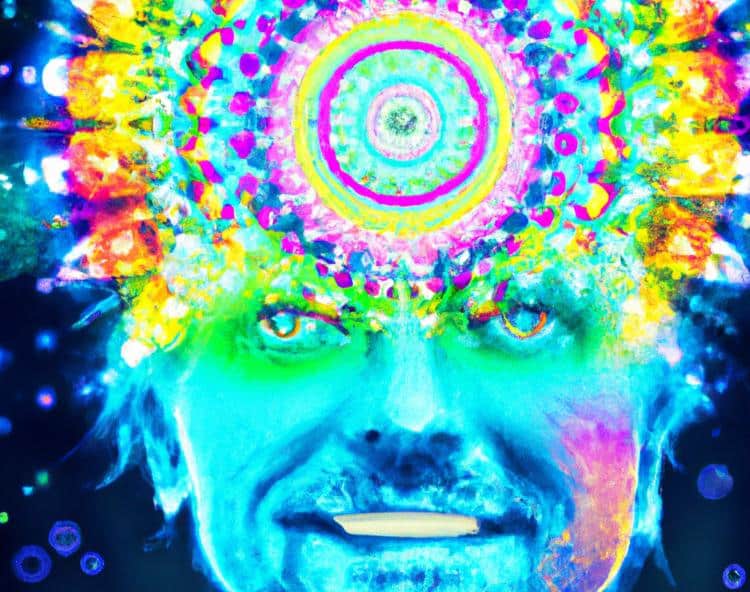

A new study suggests that a form of deep breathing known as circular breathwork could alter consciousness and help improve mental well-being without medication.
Researchers from the Ernst Strüngmann Institute for Neuroscience and the MIND Foundation, along with other collaborators, found that participants who practiced circular breathwork experienced changes in consciousness similar to those reported after psychedelic use.
The study, published in Communications Psychology, linked these altered states to improvements in psychological health and reductions in symptoms of depression.
Altered states of consciousness have shown promise in treating mental health conditions such as depression and post-traumatic stress disorder. However, legal restrictions, medical barriers, and high costs continue to limit the availability of psychedelic-assisted therapies.
Researchers believe circular breathwork may offer a more accessible, non-drug alternative rooted in traditional practices like Tummo and Pranayama Yoga. Modern techniques such as Holotropic and Conscious-Connected breathwork adapt these methods into structured sessions, often accompanied by emotionally charged music.
Circular breathwork involves continuous, deep breathing without breaks between inhalation and exhalation. Early research has suggested that it may reduce stress, anxiety, depression, and PTSD symptoms, while also boosting self-awareness and life satisfaction.
Despite these promising signs, the underlying physical and psychological processes are not fully understood.
In the new study, researchers observed 61 participants at the MIND Foundation’s center in Berlin. Of these, 43 participated in active breathwork sessions, while 18 participants formed a control group instructed to breathe normally. This setup allowed researchers to separate the effects of breathwork from those caused by the communal and musical environment.
Circular Breathwork Supports Emergence Of Altered States Of Consciousness.
“This is a much needed study in an area of interest to not only the scientific community but general public.”
Link:https://t.co/efmhHBiHU1 pic.twitter.com/oaJk14TuOL
— The ResearchHub Journal (@RHubJournal) February 27, 2024
Researchers used two standard tools to measure mental health outcomes: the Quick Inventory of Depressive Symptomatology and the Warwick-Edinburgh Mental Wellbeing Scale. Surveys were completed one week before and one week after the sessions.
Due to incomplete responses, final analyses included 25 participants who completed both questionnaires.
Researchers used a portable breathalyzer device to monitor carbon dioxide levels at six points during the sessions. Active participants showed significant drops in carbon dioxide, with some levels falling as low as 16.6 mmHg, compared to an average of 34.3 mmHg among the control group.
Lower carbon dioxide levels were linked to deeper altered states of consciousness, measured in real time using hand signals and later confirmed through questionnaires.
Participants who engaged in active breathwork reported experiences similar to those seen in psychedelic studies, scoring highly on the Mystical Experiences Questionnaire and the 11-Dimensional Altered States of Consciousness Scale.
Those who experienced larger drops in carbon dioxide and deeper altered states showed greater improvements in mental health scores.
Biological samples collected before and after sessions revealed additional changes. The stress marker salivary alpha-amylase levels decreased after breathwork sessions, suggesting a calming effect on the nervous system.
Meanwhile, levels of interleukin-1 beta, an inflammation marker, rose slightly, although stronger altered states were linked to smaller increases in inflammation.
Researchers concluded that circular breathwork may offer a low-cost, accessible way to reach altered states of consciousness that support psychological healing.
They noted that changes in carbon dioxide levels appeared to play a key role in triggering these experiences, which were associated with reductions in depressive symptoms and improved well-being.
